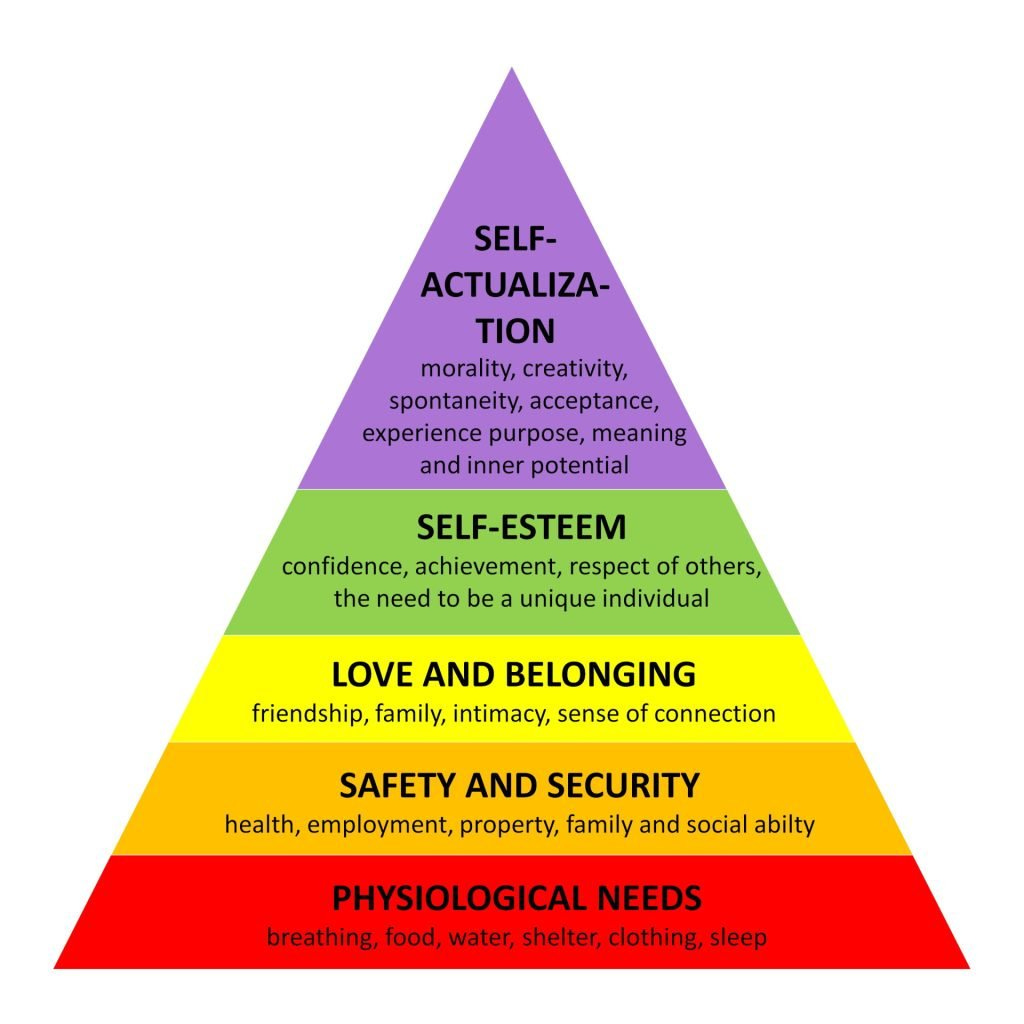Happy Wednesday!
F. Scott Fitzgerald once said, “The rich are different from you and me.”
Ernest Hemingway replied, “Yes, Scott, they have more money.”
According to this article, maybe this conversation between Fitzgerald and Hemingway never happened.
But I’m not going to let that get in the way of a good setup for this week’s letter…
“Rich” is a subjective and increasingly weaponized word politicians like to toss around.
But whatever you choose to call it, some people have more money than others.
I have clients that have 7-figure incomes.
Some who are worth tens of millions of dollars.
I also have clients that have never earned a 6-figure income but have managed to save and grow a sizeable nest egg they’re proud of. As they should be.
But you know what each and every one of my clients have in common?
The thing that affects me just as it does you?
We’re all afraid of the same stuff.
We want to know we’ll be OK.
We don’t want to wind up broke. Or alone.
We don’t want to be unhappy.
We want to provide for and protect our family.
These are straight out of Maslow’s Hierarchy of Needs:
Now some of you might be thinking, “Wow, those rich folk sure have it rough, don’t they?”
They must be so worried about financial ruin that they’re drying their crocodile tears with a $300 Hermes handkerchief (yes, these exist).
But let me tell you a quick story…
I’m privy to all sorts of fascinations, fears, and follies around money.
Among all sorts of different people.
To wit…
In the last 12 months, I’ve had 2 different women shed literal tears of joy upon finding out that they were going to be OK financially.
These women were both about the same age.
They are each friendly and very conscientious about their personal finances.
Neither of them are spendthrifts.
One has a net worth of approximately $1.2 million.
The other is worth approximately $12 million.
Yes, one of these women has 10X the wealth (on paper) as the other, but they both got emotional about the very same thing.
They just wanted to know they’ll be OK.
And they were both afraid they might not be.
Regardless of how many trailing zeroes are in your annual income or your balance sheet, we’re all basically trying to “solve” the same equation.
We each want to know how we can have enough money to support a life of happiness and contentment.
I like how Brian Portnoy, author of The Geometry of Wealth puts it:
“Being rich is having “more.” The push for more is a treadmill on which satisfaction is typically fleeting. The quest to be rich usually doesn’t end where many of its sojourners think it will. Wealth, by contrast, is funded contentment. It is the ability to underwrite a meaningful life — however one chooses to define that.”
And Brian’s quote above brings me back to a most worthwhile read from Morgan Housel about Getting the Goalpost to Stop Moving.
You might have heard the phrase, “more money, more problems.”
I don’t think it’s more money that leads to more problems, though that can certainly be the case.
Maybe instead it should be, “more money, same problems.”
Either way, the REAL problem is simply the word “more.”
And the solution to this problem?
Exploring, clarifying, and quantifying what “enough” means in your life.
Because whether you have $200 thousand or $200 million, you’ll always be worried about the same things we’re all worried about.
But if you look at this through the lens of “enough” you can begin to get your goalposts to stop moving.
You can escape the tyranny of “more.”
You can better define what happiness and contentment mean to you and those you love.
And you can use your wealth - no matter how much or little you have - to fund your contentment.
It’s not about getting more trailing zeroes on your net worth. Though that may be a byproduct of your plan and actions.
It’s really about making the most of what you have with the people that mean the most to you while you can.
Not in 5 or 10 years, after you’re retired and have the time to really start living.
Right now!
Because who knows if you even have 5 or 10 years left?
And sure, inflation.
Loss of purchasing power.
Taxes.
Portfolio decisions.
But these can easily be addressed with a solid financial plan.
What your financial plan won’t do:
Get your goalposts to stop moving.
Hit reply and let me know what you’re thinking (or feeling) about this one.
Thanks for reading.
Until next Wednesday,
Russ





